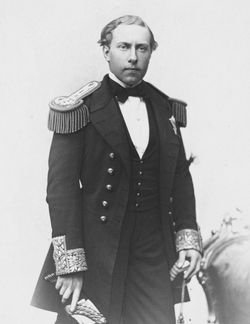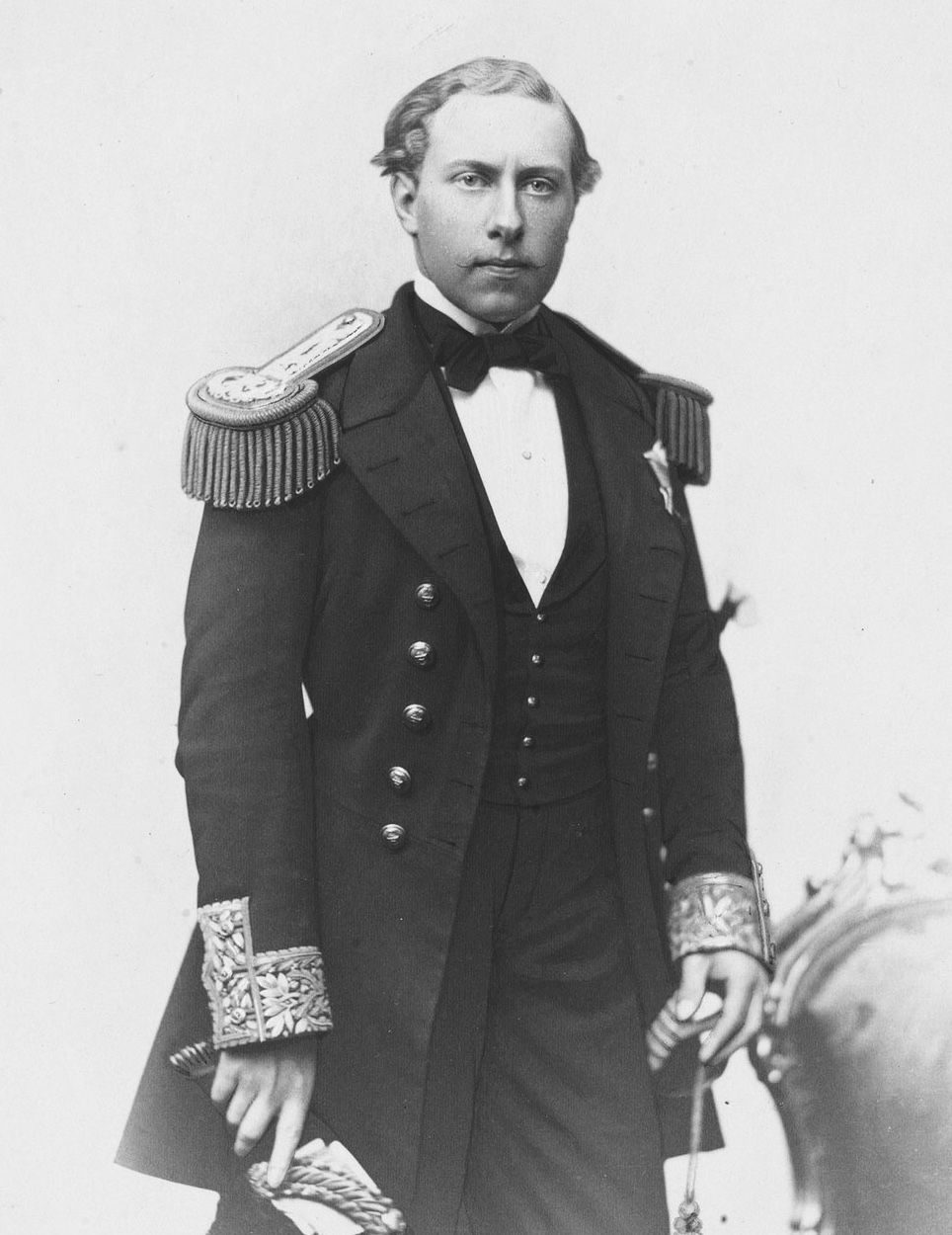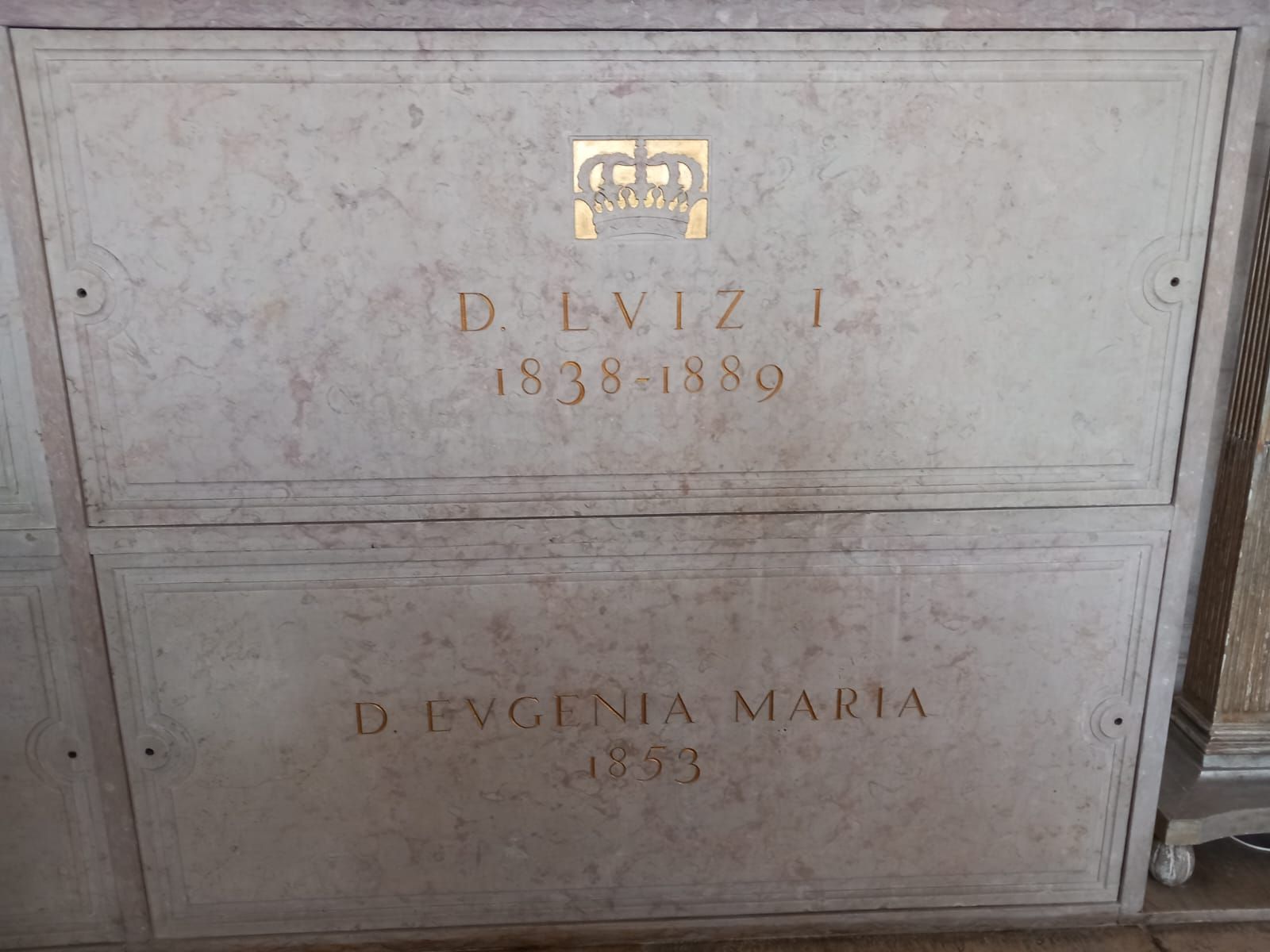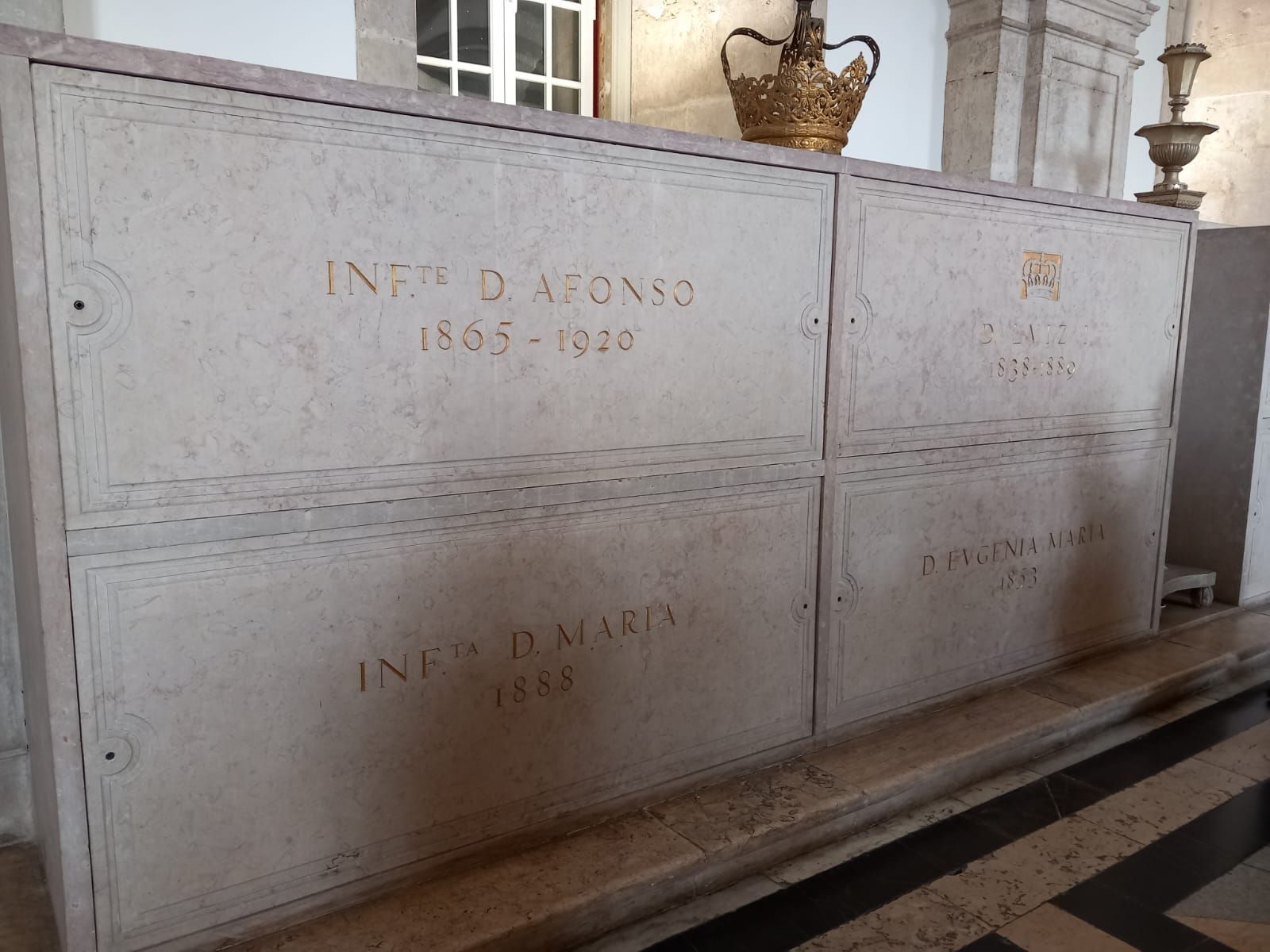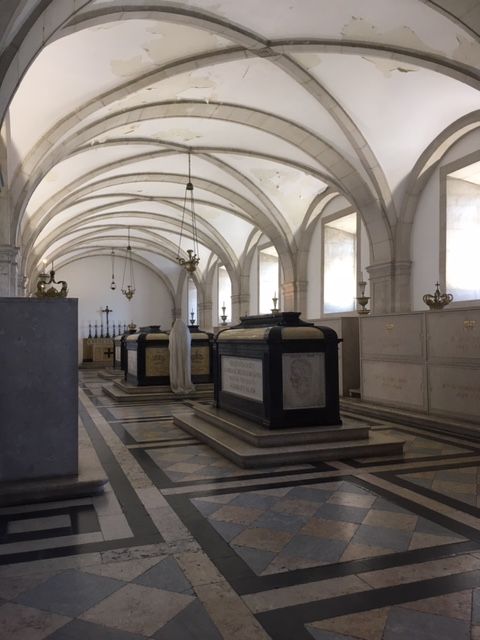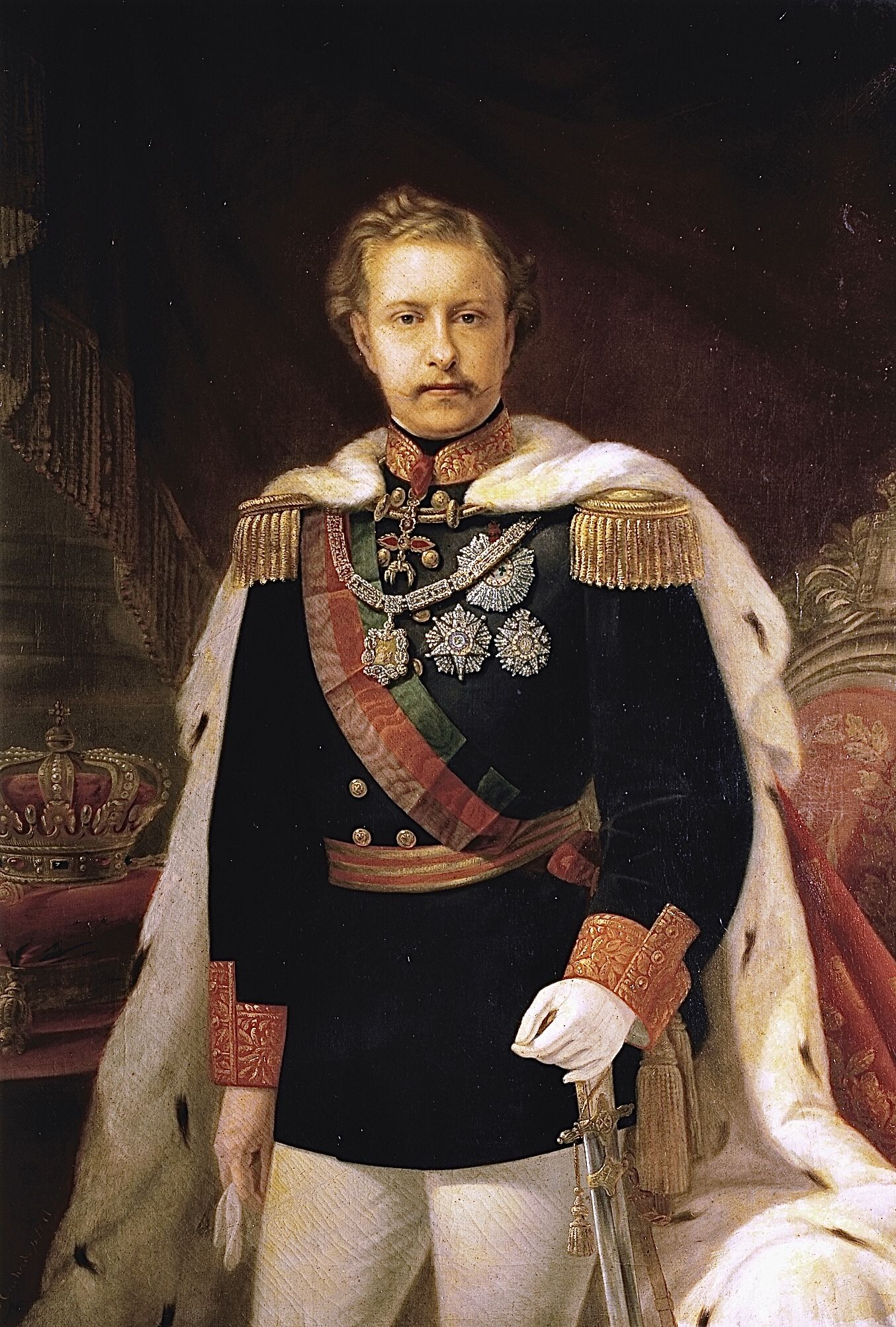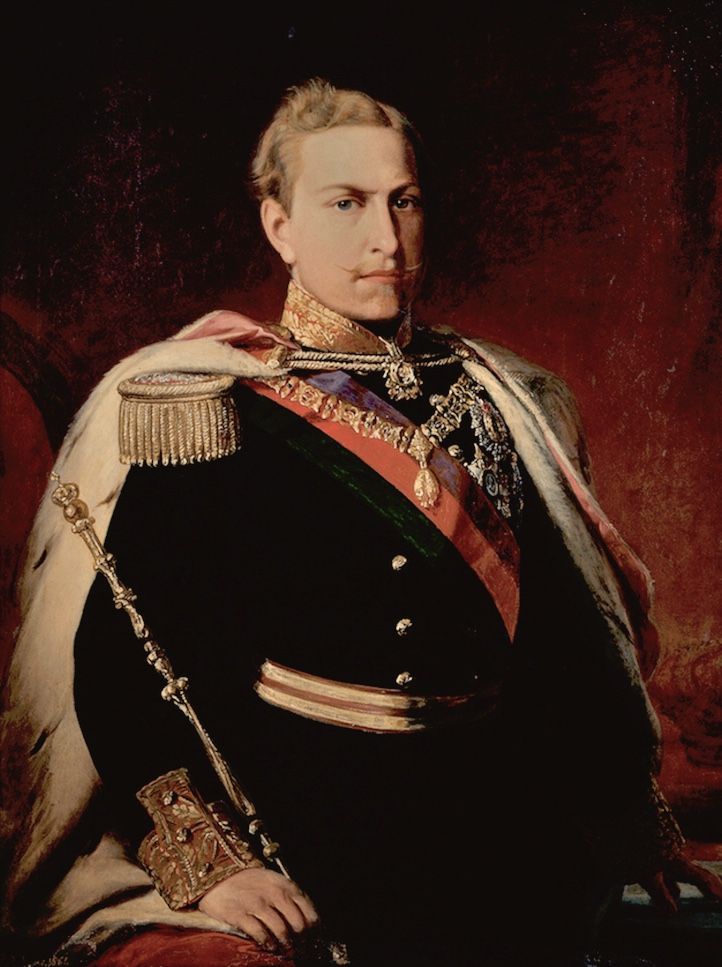Bio by: Benny Chordt Hansen
Family Members
-
![]()
Pedro V
1837–1861
-
![]()
Maria of Braganza
1840–1840
-
![]()
João Maria of Braganza
1842–1861
-
![]()
Maria Anna of Braganza
1843–1884
-
![]()
Antónia Maria Fernanda Micaela Gabriela de Saxe-Coburgo e Bragança von Hohenzollern
1845–1913
-
![]()
Fernando Maria of Braganza
1846–1861
-
![]()
Augusto Maria of Braganza
1847–1889
-
![]()
Leopoldo of Braganza
1849–1849
-
![]()
Maria da Glória of Braganza
1851–1851
-
![]()
Eugénio of Braganza
1853–1853
Advertisement
See more Luís I of Portugal memorials in:
Records on Ancestry
Sponsored by Ancestry
Advertisement
